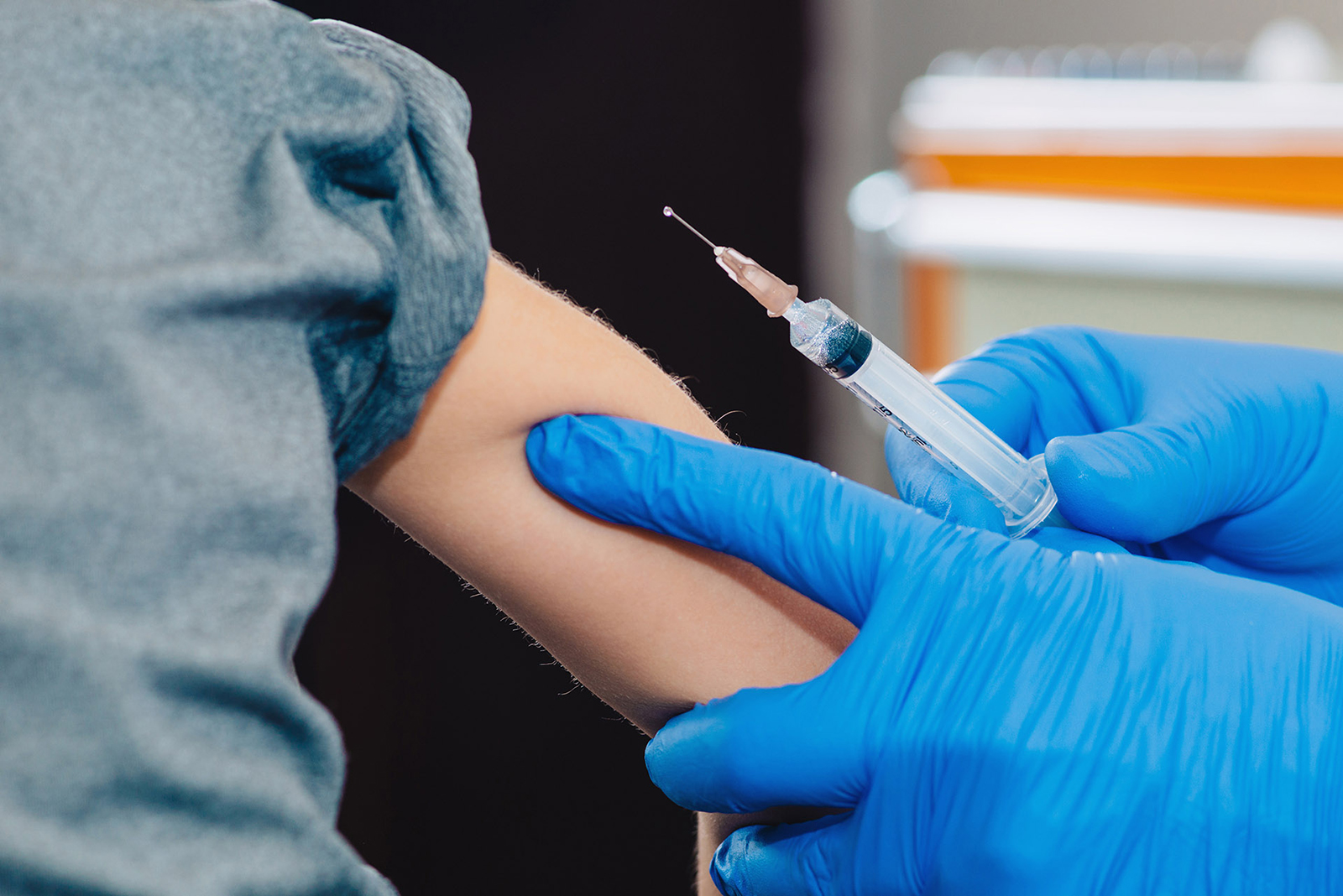HIQA, the Health Information and Quality Authority, has recommended adding the chickenpox vaccine to the routine childhood immunisation programme. It published its assessment last Thursday, which found that the vaccine is safe, effective, and likely to be cost-effective.
The vaccine is already provided and funded in several countries as part of their childhood immunisation programmes, including Finland, Germany, Iceland, Italy, Latvia, Greece, Hungary, Spain, and Luxembourg. The vaccine has been available for 30 years.
Chickenpox is a common, highly infectious disease mainly affecting children less than ten years old. While most children are only unwell for a short period, chickenpox can result in long-term skin scarring and, less commonly, serious complications.
Of the 58,000 cases of chickenpox every year in Ireland, approximately one in 250 cases will be hospitalised with associated complications. Approximately one third of people who have had chickenpox will develop shingles at some point during their lifetime due to reactivation of the virus.
Dr Conor Teljeur, HIQA’s Chief Scientist, said the cost to the State would be between €13 million and €28 million over the first five years, depending on whether one or two doses are given. When societal costs like leave from paid work are considered, HIQA found that the vaccination would be cost-saving.
The assessment has been submitted to the Minister for Health and the HSE, to inform a decision regarding the inclusion of the chickenpox vaccine in the childhood immunisation programme.












